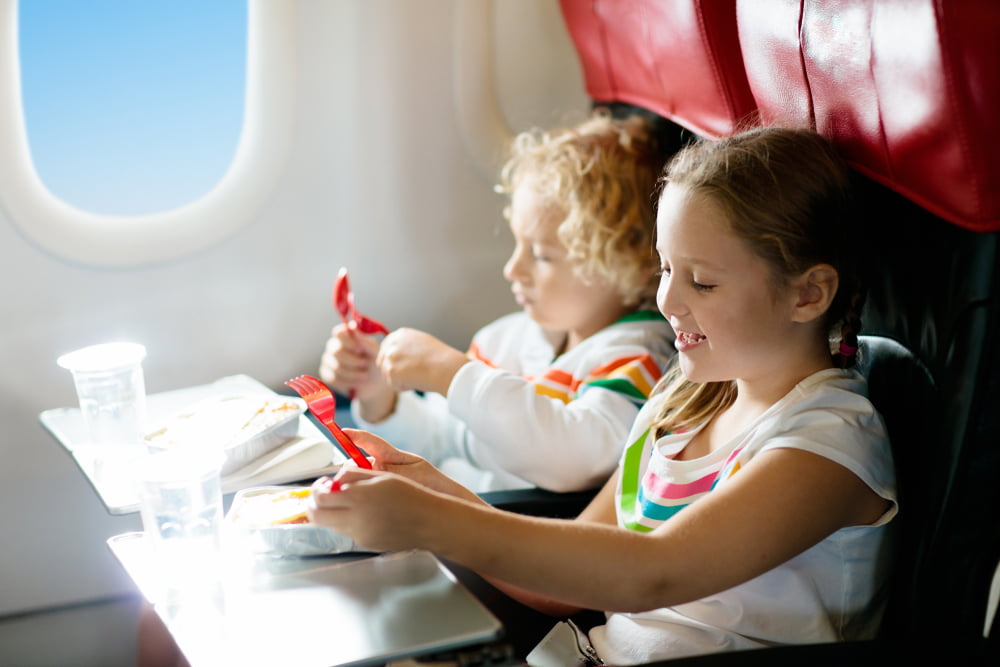A weekly overview full of extremes. The management of VDL Nedcar has indicated that the downsizing is necessary to ensure the continued existence of the factory.
At a time when sustainable mobility is becoming increasingly important, both the automotive and aviation industries are experiencing significant changes. Last week, Toyota, as a leading force in hybrid vehicle technology, unveiled further investments in the development of hydrogen technology. This opens the door to the integration of hydrogen as a sustainable fuel for heavier vehicles. The innovations include advanced hydrogen tanks and fuel cells, which could lower prices and make the technology more accessible to the general public.
At the same time, taxi company Noot Passenger Transport showed that hydrogen vehicles are not only a vision of the future but can also become a practical reality by putting 35 Toyota hydrogen cars into use. The positive experiences of hydrogen taxis in cities such as The Hague and Brussels support the idea that hydrogen can be a viable alternative to conventional fuels.
Meanwhile, the aviation industry has its own challenges and innovations. Corendon Airlines has announced specific child-free zones on its flights to Curaçao. This concept, which addresses passengers' desires for a quieter flight environment, has generated mixed reactions and highlights the diversity of customer preferences within aviation. The added cost for these zones - a phenomenon already known to some Asian airlines - enables Corendon to tap into a new segment of the traveling public.

The regulation of Dutch roads has also seen an important step with the announcement of a registration and license plate requirements for special mopeds. This decision by the Minister of Infrastructure and Water Management is a direct response to the increasing variety of means of transport on the road and the need to increase safety and visibility.
From an international perspective, the disruption of slot allocations at Schiphol Airport has led to tension between the United States and the Netherlands. The US aviation authorities are pushing for one fair treatment of its airlines after the loss of important take-off and landing rights, illustrating how competing interests can influence the aviation sector.
Royal Dutch Transport (KNV) has announced a new chapter in the saga of digital mobility: KNV Connected Mobility.KNV emphasizes that mobility is accelerating digital innovation. It promises that improved digital connectivity is not something of the future, but a current standard that travelers are increasingly demanding. However, this raises questions about the originality of the concept as the MaaS lab, founded in 2019, was already based on the same principles.
With the launch of KNV Connected Mobility On January 1, 2024, the trade association aims to change course towards a more integrated and digitally friendly mobility ecosystem. Commitment to a uniform approach to regulations, data management and privacy will be the cornerstones of this new direction. These elements are essential for creating a level playing field in the mobility industry, a goal that was already aimed at by the MaaS lab but did not come to full fruition.
The future of the employees of VDL Nedcar, the Limburg car manufacturer, is hanging by a thread after the recent announcement that the company will make a substantial reduction in its permanent workforce. This development was communicated to staff on a Thursday afternoon, which undoubtedly came as a shock. VDL Nedcar, the only major car factory in the Netherlands, located in Born, plays a significant role in the regional economy and employment. With the announcement that of the 2500 permanent jobs, only 450 will remain from March 1 next year, this creates an uncertain time for many households.



